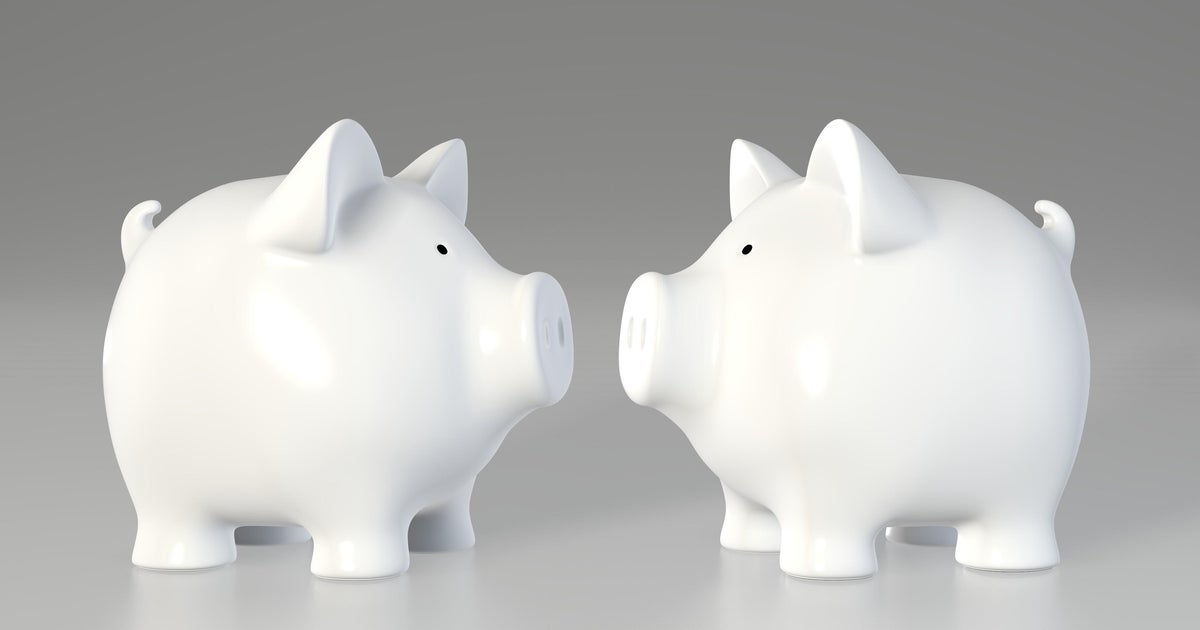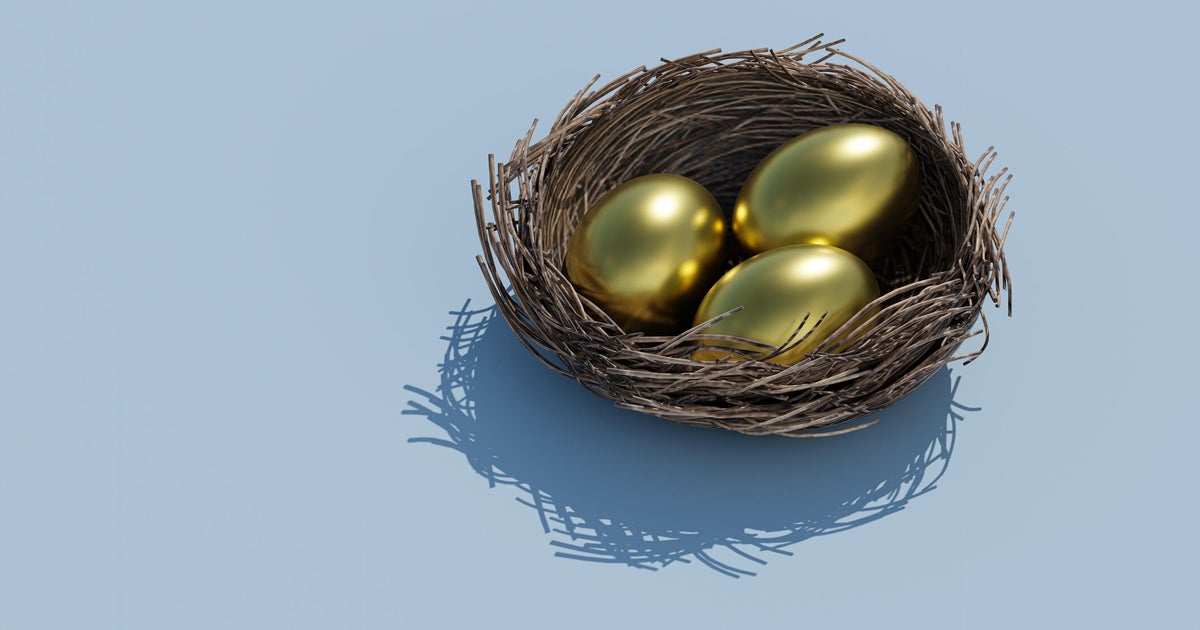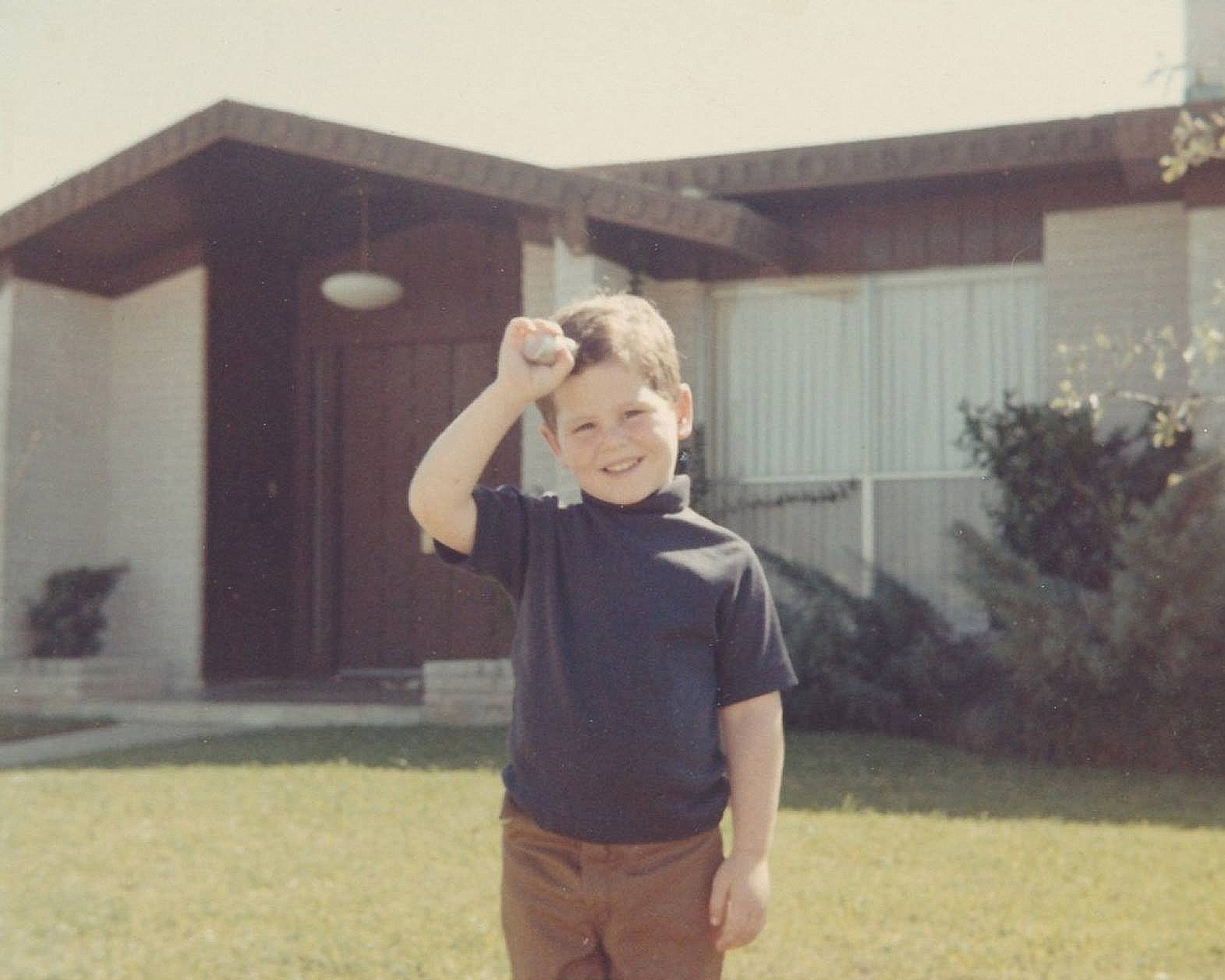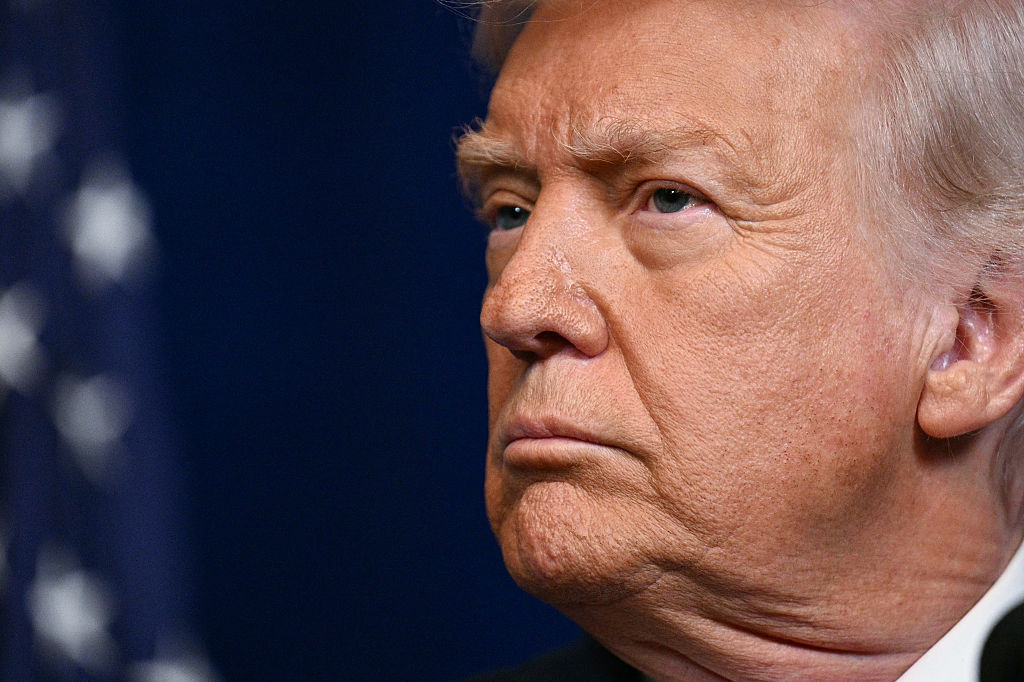How to protect your retirement savings now, according to experts
If you've looked at your retirement accounts recently, you probably saw a major drop in value. As the stock market yo-yos up and down, it's enough to give anyone economic whiplash in search of solid ground. These major fluctuations in the market can be anxiety-inducing and potentially affect your investment strategy and retirement plans. Fortunately, there are some reliable ways to protect your savings even in today's hard-to-predict economic climate.
We spoke to financial planners and retirement experts about how you can protect your retirement savings right now. Below, they detail five steps worth taking today.
Start protecting your money with a high, fixed-rate CD account here.
How to protect your retirement savings now
Here are five ways the experts we spoke to recommend you protect your retirement savings in today's economy:
Acknowledge the situation
In this type of situation, it's best not to panic. But you don't want to keep your head in the sand either. Start by acknowledging the situation and assessing where you're at.
"The first thing is 100% we are in what I consider uncharted territory. We've never actually seen anything quite like what's going on, mostly related to the tariffs," says Krisstin Petersmarck, a retirement income certified professional, president and founder of New Horizon Retirement Solutions.
Now's a great time to do an audit and check your financial accounts and balances. For example, review your savings accounts, certificates of deposit accounts, 401(k)s, IRAs and any other retirement savings vehicles.
Review your time horizon — or the amount of time you have until you'll need to access your investments in retirement. Now's a good time to do a gut check with your risk tolerance.
Stick to the plan
When there are major swings in the market and you see your portfolio drop significantly, you might feel the urge to change course. But sticking to the plan is often a better idea.
"When there are high periods of volatility, even though it's uncomfortable, it's a normal part of the investor experience," says Jordan Banning, founder and certified financial planner at Crafted Financial Planning.
It's key to look at the big picture and not get lost in the discomfort you're feeling now. Doing so can give you more clarity.
"You look at these periods where it feels like there are these sudden drops that's on a short timeframe. But if you zoom out and take a step back and you look back in 3 years, 5 years, 10 years, you'll see that for a long enough timeframe, those sharp drops tend to kind of disappear," says Banning.
If you're decades away from retirement and don't need the funds right now, it's important to stick to the plan.
"It doesn't really matter because you weren't using it [retirement money] last week and you're not using it tomorrow. And who knows what the market is going to be 20-30 years from now. So the biggest thing is, you just want to keep investing, not change anything and just kind of keep on that same course," says Kelsey Wilson, certified financial planner and founder of wealth management firm BlackLines Financial.
Build emergency savings
To protect your retirement funds, build your emergency savings as armor. While the economic volatility continues, you want to prepare for potential threats ahead.
Banning suggests having a solid emergency fund of three to six months of expenses to give you a cash cushion in the event of a layoff. Having those funds in place can help you avoid tapping your 401(k) or other retirement funds. Using retirement funds before 59 ½ can put your future finances in jeopardy. Additionally, you may pay income taxes on the amount and a 10% tax penalty.
Start building your emergency fund with a CD account here now.
Have a cash buffer
For those closer to or entering retirement, you'll want a larger stash of cash to help you navigate these turbulent times.
"When you're nearing retirement, you've got to make sure that you've already created a cash buffer so that you can avoid reacting quickly and selling investments," says Petersmarck.
That can mean having accessible funds through a high-yield savings account. If you want to protect your money with a fixed interest rate, certificate of deposit accounts (CDs) can be a welcome alternative to the volatility of the market. As the Federal Reserve keeps interest rates elevated to fight inflation, short-term CD interest rates are actually higher than long-term CD rates.
Typically, the reverse is true and long-term CD interest rates are higher than short-term CD rates. The most recent indications suggest that the Federal Reserve intends to cut the federal funds rate at some point in 2025. If and when that happens, CD rates are likely to follow and drop as well. If you open a CD account now, you can likely lock in a higher rate and maximize this high-rate environment.
However, it's key to choose a CD term that aligns with your goals. Unlike high-yield savings accounts, CD funds aren't accessible before the maturity date and come with an early withdrawal penalty if you touch them before the term ends.
Petersmarck says if you "don't really have that cash buffer, and you're concerned about rebalancing your investments, look at moving more of your assets into bonds or a fixed, indexed annuity, something that provides some protection against the volatility that we are experiencing."
If you're new to retirement and don't have the appropriate cash buffer, Wilson says, "Try to keep your expenses as low as possible. Try not to dip too much into the retirement account if you can."
Explore your high-yield savings account options online here.
Rebalance your portfolio
You might consider rebalancing your portfolio, in which you sell some assets and buy others in response to new market conditions. But, if you do, proceed with caution. Wilson says that most of the time, you want to rebalance once a year, but "some people will take the approach of doing a volatility rebalance." In this case, it's key to ensure that this is part of your larger investment strategy. "If you're doing it too often…you're timing the market and then you're putting yourself in a position where that can actually hurt you more than it can help you," says Wilson.
The bottom line
Building your nest egg represents a lifetime of saving and hard work. It's natural to worry about major drops and want to ensure that you're set up for retirement. That might actually mean staying put and increasing your cash on hand through vehicles like high-yield savings accounts and a mix of short-term CDs and long-term CDs.
"Sometimes the best course of action is no action and it's trusting the plan," says Banning. "I think sometimes, as humans, we feel called or compelled when something happens that we have to do something about it."
If you're nearing retirement and not in the accumulation phase of building wealth, Petersmarck suggests that you "Make sure you're working with a financial advisor who specializes in retirement income planning." If you have decades left and plenty of time until retirement, sticking to your plan can be the wiser move.






